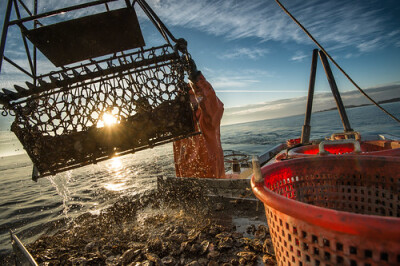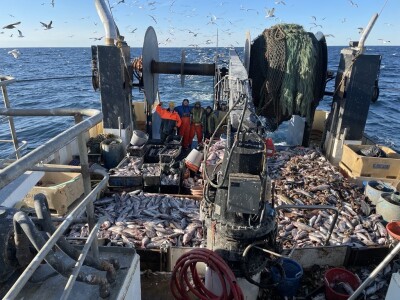A 12-month Greenpeace investigation into Thailand’s fishing fleets suggests fishing vessels are intentionally shifting toward remote waters in order to continue illegal labor practices. EU officials are expected to visit Thailand to assess the government’s progress in January.
A fishing boat along Koh Samet, Thailand. EU officials are set to visit the country in January and assess government efforts to crackdown on labor abuse. Philippe Gabriel photo.After the Associated Press released multiple exposés on the country’s practices revealing illegal fishing, forced labor and widespread corruption in the seafood industry, Thailand has been under pressure to crack down on the behavior or face a seafood import ban from the European Union and importers.
According to Greenpeace, efforts to stop these practices so far aren’t enough.
“The Thai government has tried to clamp down on human rights violations in the fishing industry, but these Thai fleets remain as ruthless as ever,” said Anchalee Pipattanawattanakul, oceans campaigner of Greenpeace Southeast Asia.
Greenpeace officials claim that since international pressure has been on the industry, including fishing restrictions imposed by the governments of Indonesia and Papua New Guinea, Thai vessels have simply moved on to the Saya de Malha Bank in the Indian Ocean, staying out of sight and hopefully out of mind.
The Thai navy recently boasted technological advances it says will help their fight against forced labor, rolling out a new GPS tracking system to monitor boats and a central database for crew identification.
Jason Judd, a senior technical officer at the International Labor Organization office in Bangkok, told AP reporters that technology can help develop the enforcement muscles of Thailand, but that it was no substitute for face-to-face interaction between the government and fishermen.
The new system is set to be in place by April.







